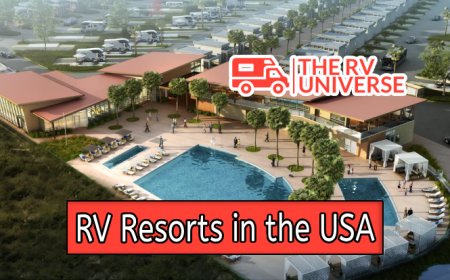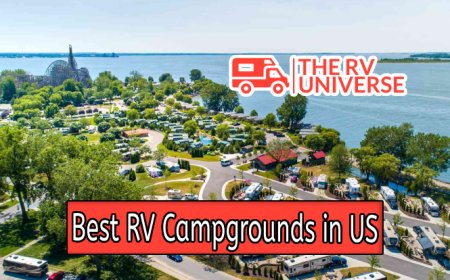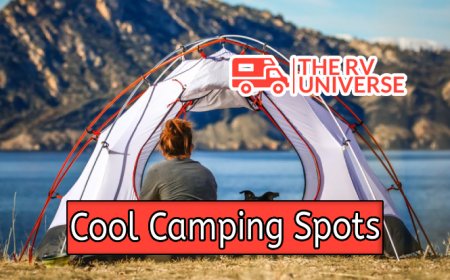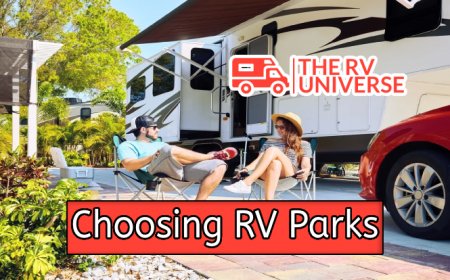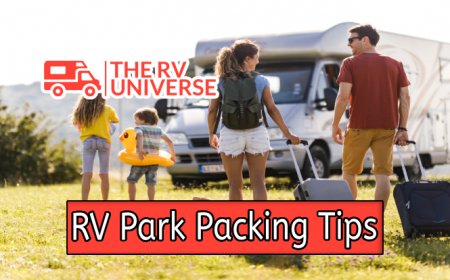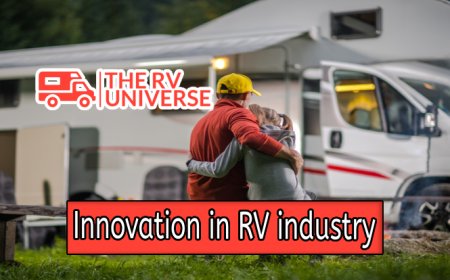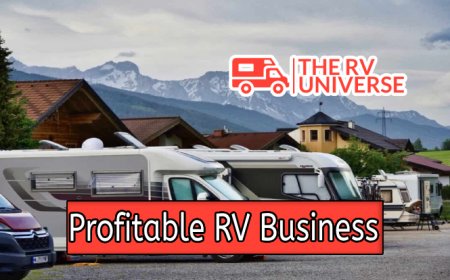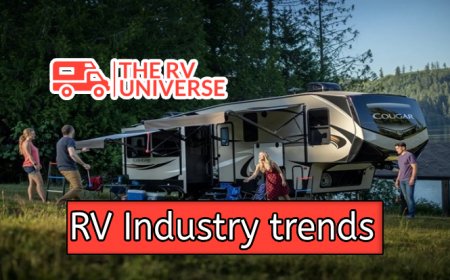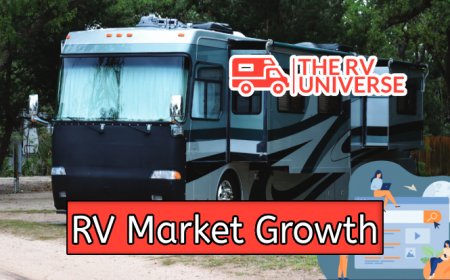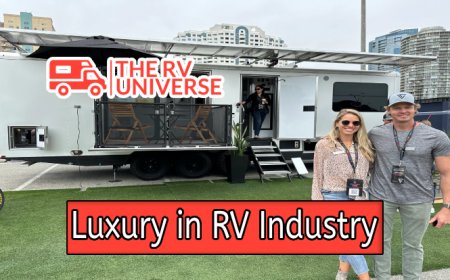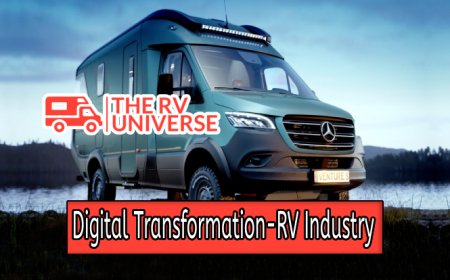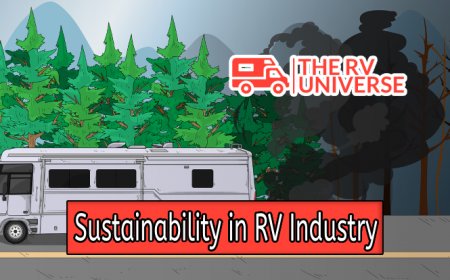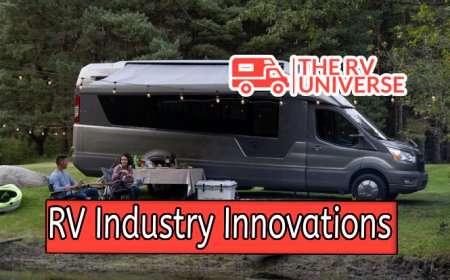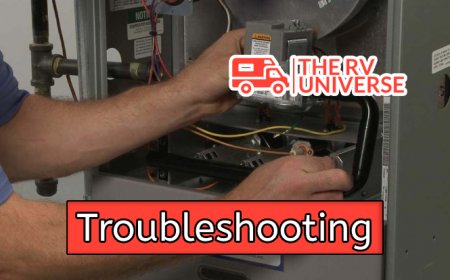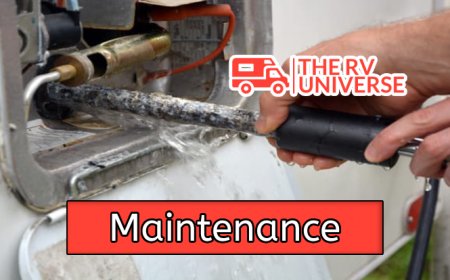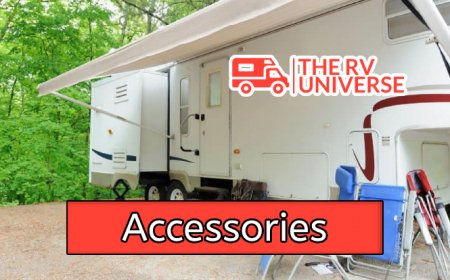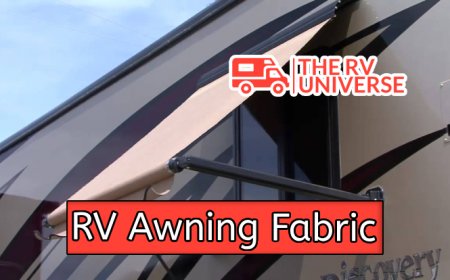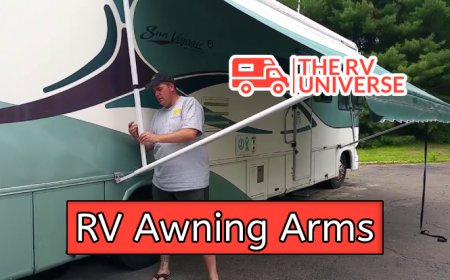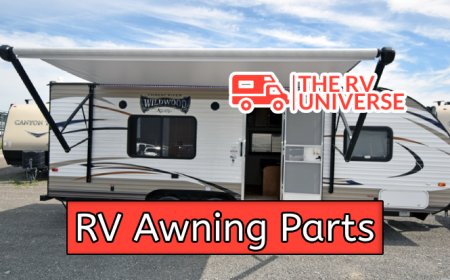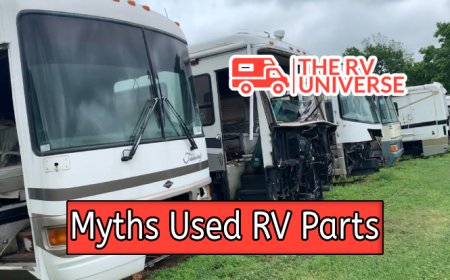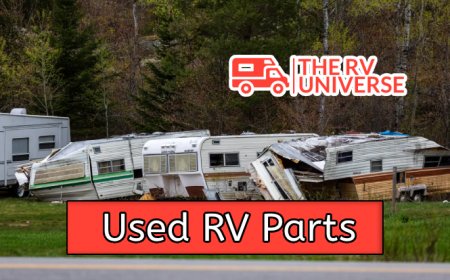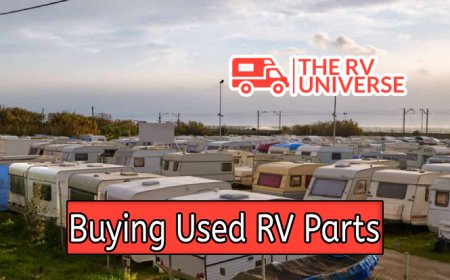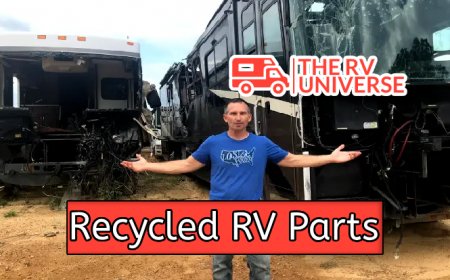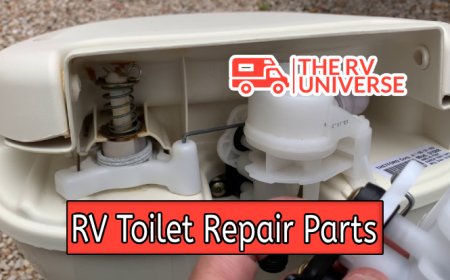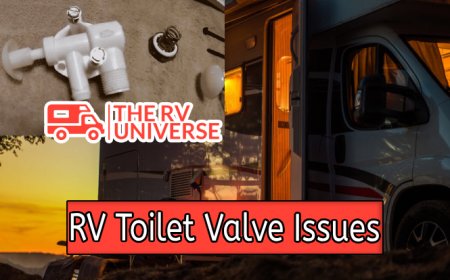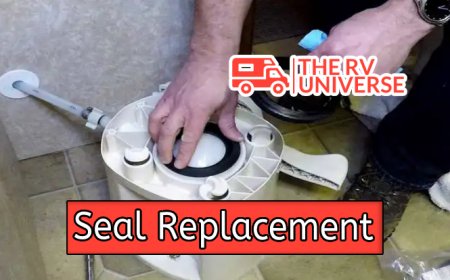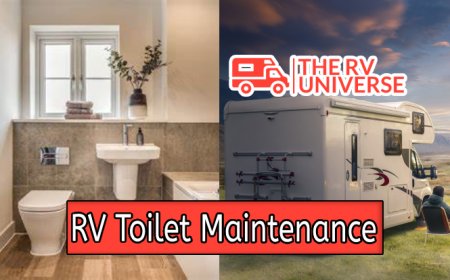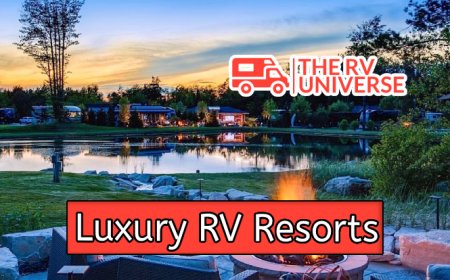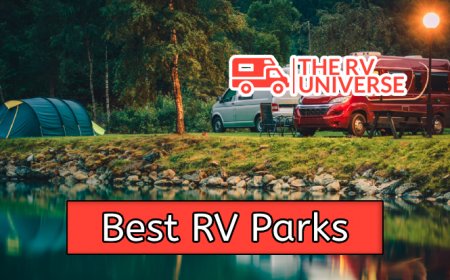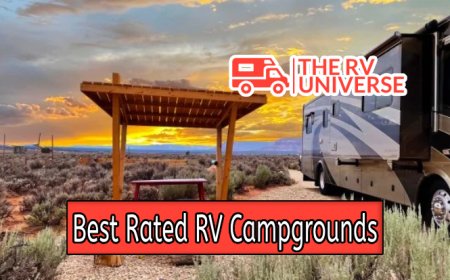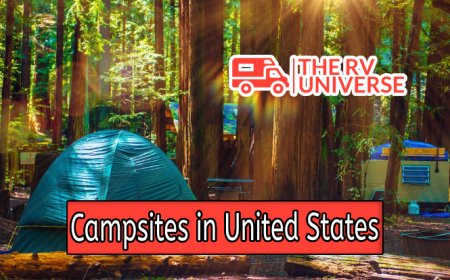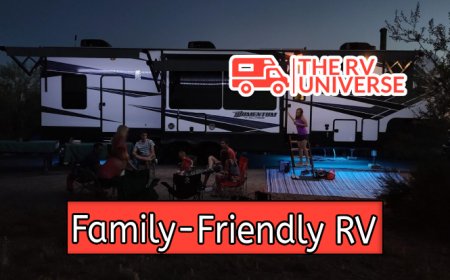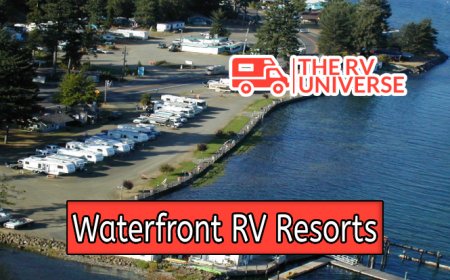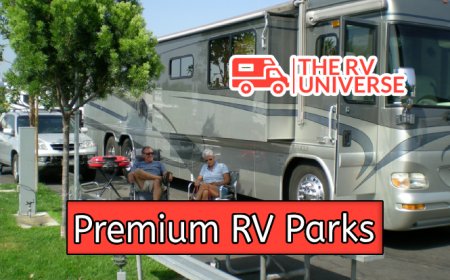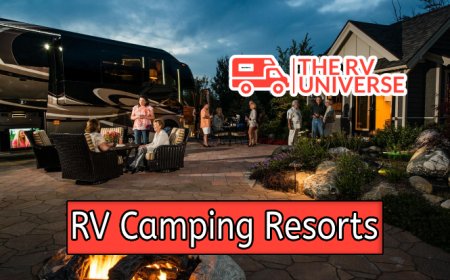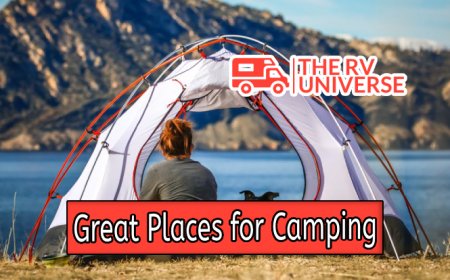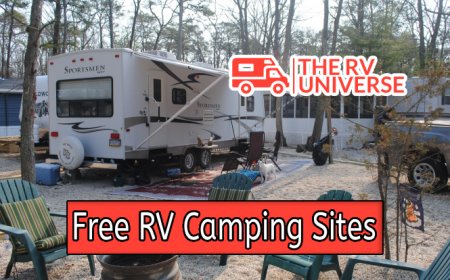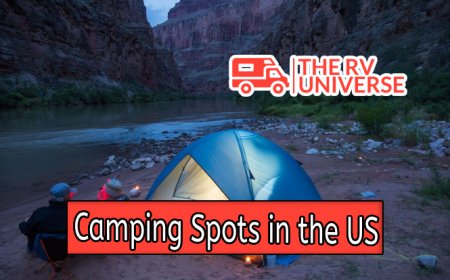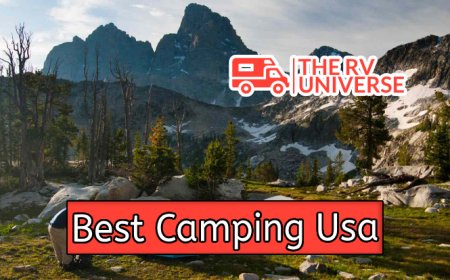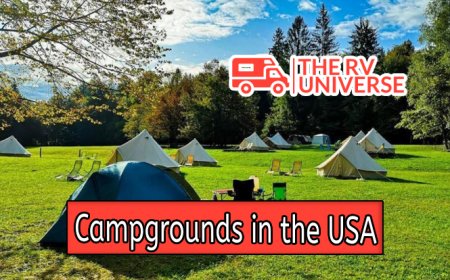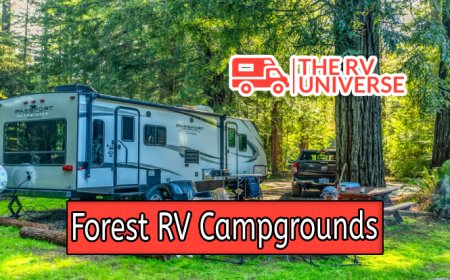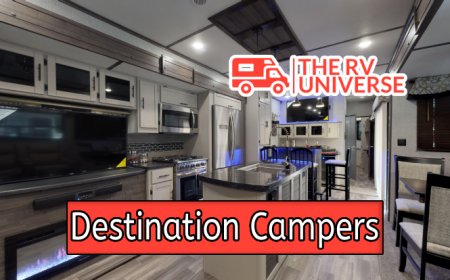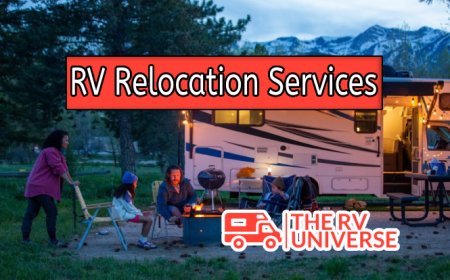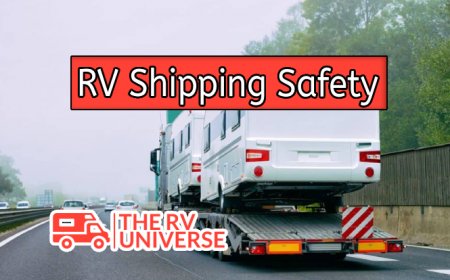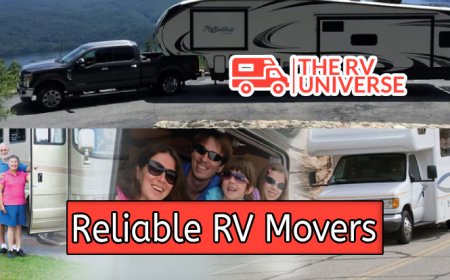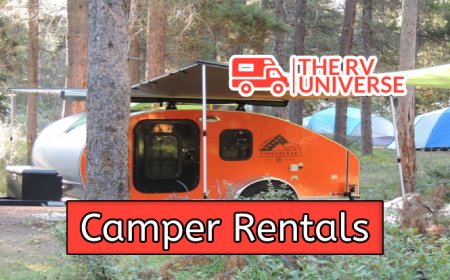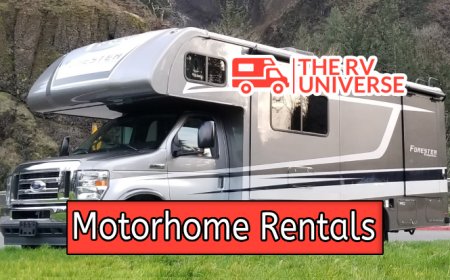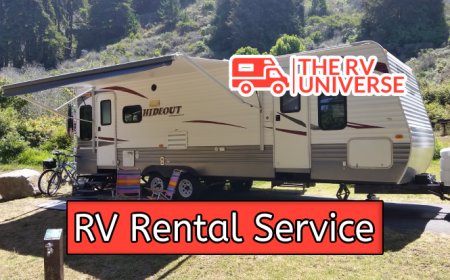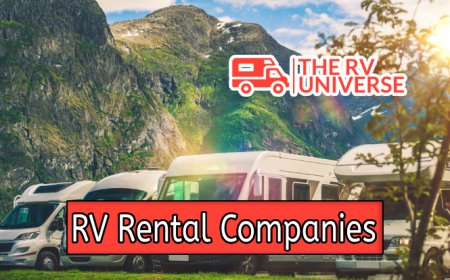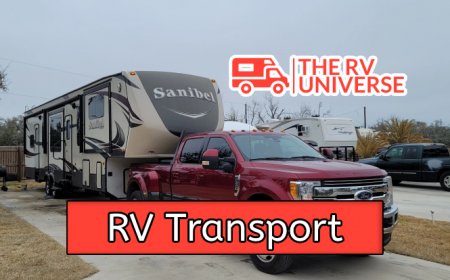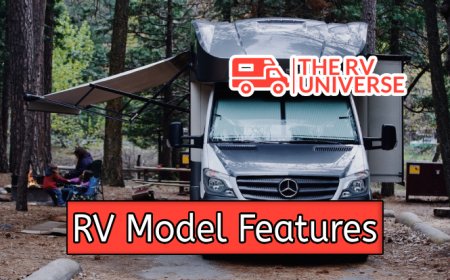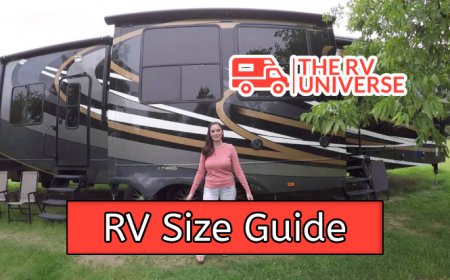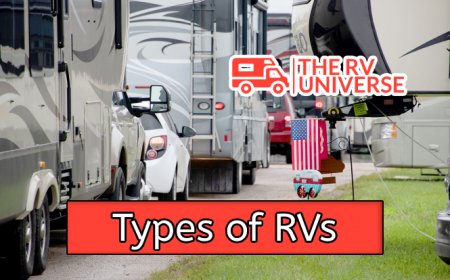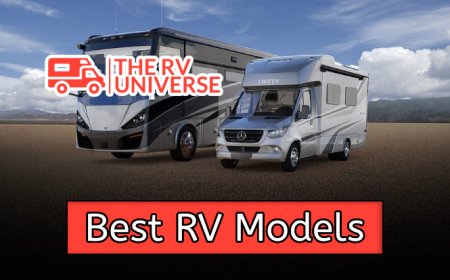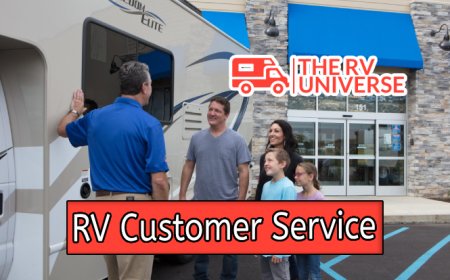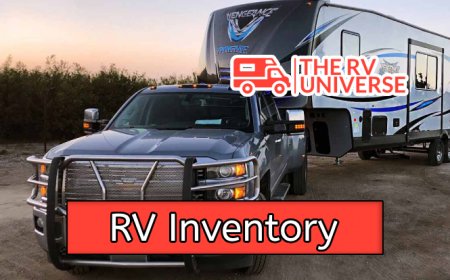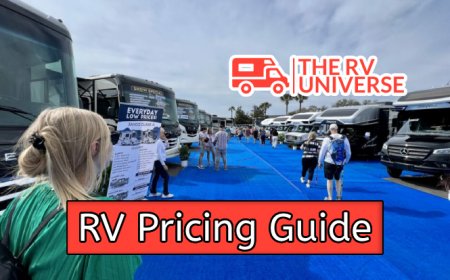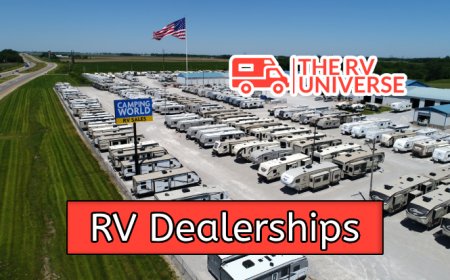Understanding RV Insurance Coverage: What Does It Really Include?
Do you know what your RV Insurance covers? Understand the ins and outs of RV insurance policies.
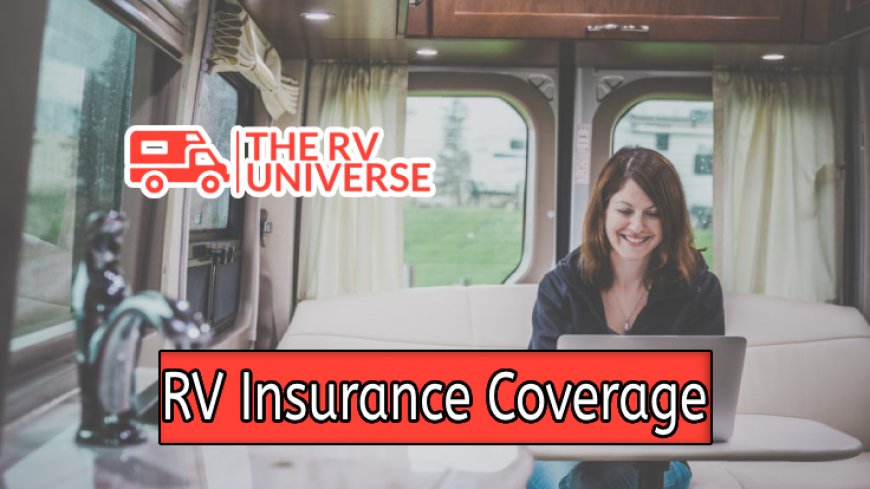
Embarking on an RV journey provides a sense of liberation and endless possibilities. Yet, it's essential to ensure you're protected when unforeseen incidents occur. Here, we delve into the intricate world of RV insurance coverage, breaking down the significant aspects to enable you to stay safeguarded throughout your adventure.
A Comprehensive Guide to Understanding RV Insurance Coverage
With the right RV insurance coverage, mishaps on the open road become less daunting. Whether it's dealing with unexpected damage or addressing liability concerns, a suitable insurance cover can make all the difference. Let’s navigate this complex field together to ensure you are well-covered on your RV journey.
Table of Contents
- What is RV Insurance?
- Why Do You Need RV Insurance?
- Types of RV Insurance Coverage
- What Factors Affect Your RV Insurance Premium?
- How to Choose the Right RV Insurance Policy
- Frequently Asked Questions About RV Insurance
What is RV Insurance?
Put simply, RV insurance is a type of cover that protects the owner's recreational vehicle (RV) against potential risks such as accidents, theft, or damage. This protection extends to the RV itself and outdoor equipment or personal effects kept within.
Many people confuse RV insurance with auto insurance, but the two are not synonymous. RVs act as both your vehicle and home, requiring a unique insurance coverage. Hence, an RV insurance coverage is typically more comprehensive than standard auto insurance.
Why Do You Need RV Insurance?
Having RV insurance becomes vital for a variety of reasons.
- Legal Requirement: Most states in America require RV owners to have at least a minimum amount of liability insurance.
- Protection: It covers bodily injury and property damage that you might inadvertently cause to others.
- Peace of Mind: With RV insurance coverage, you feel more secure knowing that you, your passengers, and your vehicle are taken care of during unforeseen circumstances.
Types of RV Insurance Coverage

The type of coverage you choose largely depends on your preferences, usage, and the RV's value. Below, we explore the most common types of RV insurance coverage.
Comprehensive Coverage
This coverage protects against damage from incidents other than collision—fire, theft, vandalism, or extreme weather conditions. Comprehensive coverage is essential if you want to keep your RV protected from all possible hitches on the journey.
Collision Coverage
Collision coverage provides protection for your RV in case of an accident, whether with another vehicle, a tree, or a structure. It even covers the cost to repair or replace your RV if it gets damaged in the accident.
Liability Coverage
Liability coverage is mandatory in most states. It covers the cost of bodily injury or property damage that you might inflict on others in an accident. It doesn't cover the damages to your own RV.
RV insurance coverage can be a complex topic, yet understanding the T's and C's is a prerequisite to making an informed decision. Now that we have a better understanding of what RV insurance is and why it is essential, we can look at the factors affecting your premium.
What Factors Affect Your RV Insurance Premium?
The cost of RV insurance coverage is subject to several factors. Here are some of the key determinants.
- RV Class: The classe of your RV significantly impacts your premium. Class A RVs are the most expensive to insure, while Class C RVs usually attract lower premiums due to their smaller size.
- Use of RV: Your premium will be affected by whether you use your RV full-time or just occasionally. Full-timers usually pay more for insurance since their risk exposure is higher.
- Driving Record: Like any other auto insurance, having a clean driving record can earn you lower premiums.
- Location: Insurance companies also consider your location. Urban areas with higher crime rates may lead to higher premiums, as does traveling in regions prone to severe weather conditions.
Being aware of these factors can help you understand your insurance better, possibly even aiding in reducing your premiums.
How to Choose the Right RV Insurance Policy

Choosing the correct RV insurance policy catered to your needs can seem daunting. Yet, with careful consideration of your RV type, budget, and requirements, you can select the best fit. Follow these steps to help you decide:
Assess your needs
Begin by outlining your RV usage. Is it for weekend family trips, or do you live in your RV full-time? Your usage patterns will largely determine the level of coverage you need.
Research different providers
Various companies offer different levels of RV insurance coverage. Spend time researching and comparing the providers, considering their reputation, customer reviews, and claim handling process.
Consider the cost
Beyond just premiums, you should also consider deductibles. Align your policy choice with what you're comfortable paying out-of-pocket in the event of a claim.
Understand the policy terms
Carefully review the policy. Understand what's covered and what's not. If there are aspects of the policy you don't understand, don't hesitate to ask your provider for clarification.
With the right RV insurance policy, you can enjoy your journey with the peace of mind that you've got adequate coverage in place.
Frequently Asked Questions About RV Insurance
Here are common questions about RV insurance coverage:
Q: Is RV insurance mandatory?
A: Most states require RV owners to have a minimum amount of liability insurance. However, the full coverage is highly recommended for your own protection.
Q: Does RV insurance cover my personal belongings inside the RV?
A: Yes, most RV insurance policies include coverage for personal effects. However, expensive items may require an additional rider. Reading your policy documents will provide more clarity.
Q: Can I get coverage if I live in my RV full time?
A: Absolutely! Some companies even offer "full-timers" insurance, which covers you similarly to a homeowner's insurance.
Q: What factors affect my RV insurance premium?
A: Your RV class, usage pattern, driving record, and location all determine your RV insurance premium.
Wrapping it Up
Navigating the world of RV insurance coverage can be complex. Yet, with the right information and understanding, you can choose a policy that offers full protection and peace of mind while you explore life on the open road.
Remember, every RV journey is unique, and your insurance policy should reflect that. Don't rush your decision. Make sure it caters to your needs and provides comprehensive protection to you and your RV.
Stay tuned with TheRVUniverse.com for more RV insights, as you continue exploring life, one RV journey at a time.
What's Your Reaction?







